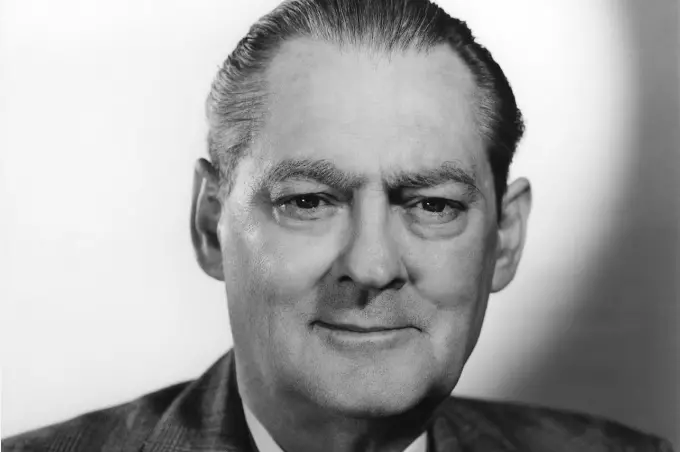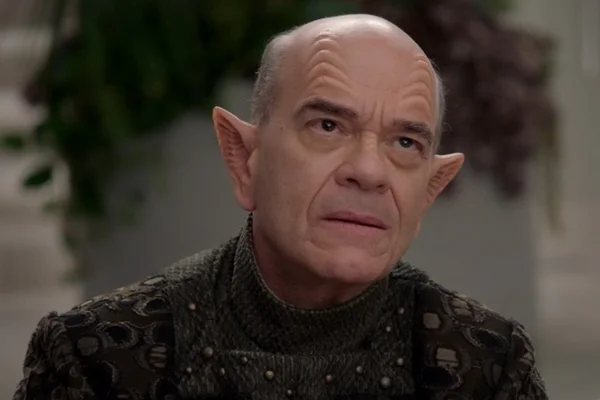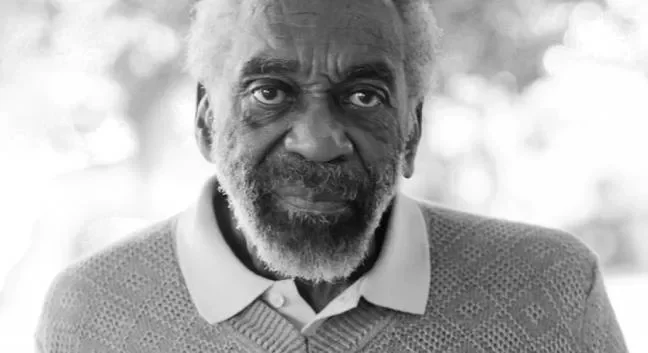Lionel Barrymore: A Hollywood Icon’s Legacy
Lionel Barrymore, a name synonymous with Hollywood’s Golden Age, was an acclaimed American actor and director whose career spanned over five decades. He is celebrated for his iconic roles in films like “A Free Soul” (for which he won an Academy Award), “It’s a Wonderful Life”, and “Captains Courageous”. Barrymore’s commanding presence and versatility made him a sought-after performer in both silent and sound films.
Early Life and Career
Born Lionel Herbert Blyth on April 28, 1878, in Philadelphia, Barrymore hailed from a distinguished theatrical family. His parents, Maurice and Georgiana Drew Barrymore, were prominent stage actors, and his siblings, Ethel and John Barrymore, also achieved considerable fame in the performing arts. Despite his lineage, Barrymore initially pursued a career in painting, studying in Paris for several years. However, he eventually returned to the United States and followed in his family’s footsteps, making his Broadway debut in 1900. He quickly established himself as a talented stage actor, appearing in numerous successful productions.
Rise to Fame
Barrymore’s transition to the silver screen came in 1909 when he joined the Biograph Company. He worked with legendary director D. W. Griffith, appearing in several silent films. His powerful performances and expressive features captivated audiences, and he soon became a leading man in Hollywood. Barrymore’s career reached new heights in the 1930s with the advent of sound films. His deep, resonant voice and authoritative demeanor made him ideal for portraying a variety of characters, from benevolent patriarchs to menacing villains.
Acting Career Highlights
| Film | Year | Role | Notes |
| A Free Soul | 1931 | Stephen Ashe | Won Academy Award for Best Actor |
| Grand Hotel | 1932 | Otto Kringelein | |
| Captains Courageous | 1937 | Captain Disko Troop | |
| You Can’t Take It with You | 1938 | Grandpa Martin Vanderhof | |
| It’s a Wonderful Life | 1946 | Mr. Potter | |
| Key Largo | 1948 | James Temple |
Directing Career
In addition to his acting prowess, Barrymore also directed several films during the silent era. He demonstrated a keen eye for visual storytelling and an ability to elicit strong performances from his actors. Some of his notable directorial works include “The Copperhead” (1920) and “Ten Cents a Dance” (1931).
Personal Life
Barrymore was married twice. His first marriage, to actress Doris Rankin, ended in divorce. He later married Irene Fenwick, another actress, with whom he remained until her death in 1936. In his later years, Barrymore suffered from severe arthritis, which confined him to a wheelchair. However, he continued to act, often portraying cantankerous or elderly characters.
Death and Legacy
Lionel Barrymore passed away on November 15, 1954, at the age of 76. He left behind an extraordinary legacy as one of Hollywood’s most respected and versatile performers. His contributions to the film industry are commemorated with a star on the Hollywood Walk of Fame.
Net Worth
At the time of his death in 1954, Lionel Barrymore’s net worth was estimated to be $3 million. Adjusted for inflation, this would be equivalent to approximately $30 million today. His wealth primarily stemmed from his successful acting and directing career, which spanned decades and encompassed numerous critically acclaimed and commercially successful films.
Conclusion
Lionel Barrymore’s impact on the film industry is undeniable. His memorable performances and directorial accomplishments continue to inspire and entertain audiences worldwide. He remains a beloved figure in Hollywood history, remembered for his talent, dedication, and enduring legacy.











